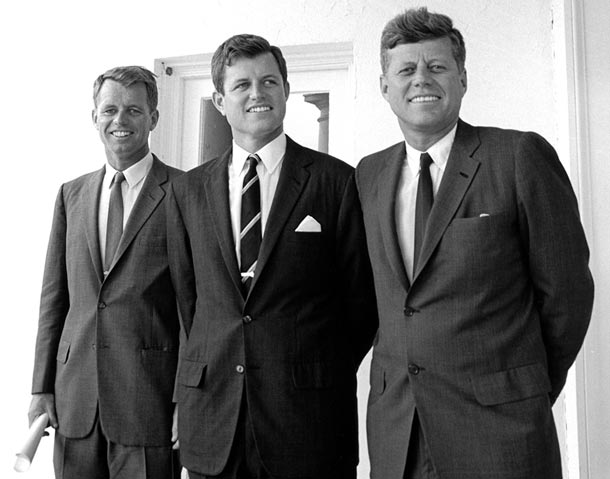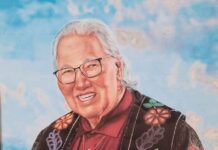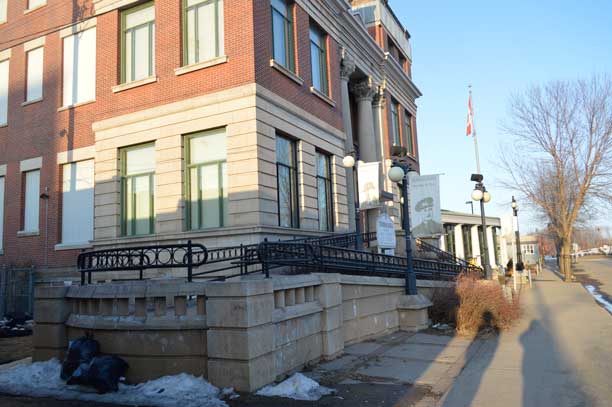March 5th may seem like an ordinary day for some, but for Canadians, it has been a day of significant events throughout history. From political milestones to cultural moments, March 5th has seen it all. Let’s take a look at some of the most notable events in Canadian history that have occurred on this day.
- 1770 – Birth of John Graves Simcoe: John Graves Simcoe, the first Lieutenant Governor of Upper Canada, was born on March 5th, 1770. He played a crucial role in the establishment of Upper Canada and was instrumental in developing the province’s infrastructure and economy.
- 1868 – George Brown becomes Premier of Ontario: On March 5th, 1868, George Brown was sworn in as the eighth Premier of Ontario. He was a prominent figure in Canadian politics and was one of the Fathers of Confederation.
- 1917 – Explosion at Halifax Harbour: On March 5th, 1917, the French ship SS Mont-Blanc, loaded with high explosives, collided with the Norwegian ship SS Imo in Halifax Harbour. The resulting explosion was the largest man-made explosion until the advent of nuclear weapons, and it devastated the city of Halifax, killing over 2,000 people and injuring thousands more.
- 1956 – Lester B. Pearson becomes Prime Minister: On March 5th, 1956, Lester B. Pearson became the 14th Prime Minister of Canada. He is known for his contributions to Canadian peacekeeping efforts and was awarded the Nobel Peace Prize in 1957 for his role in resolving the Suez Crisis.
- 1982 – The Constitution Act is signed: On March 5th, 1982, the Constitution Act was signed, officially making Canada a sovereign state. This act transferred the power to amend Canada’s constitution from the British Parliament to the Canadian Parliament, a significant milestone in Canadian history.
- 2013 – Rob Ford admits to smoking crack: On March 5th, 2013, Toronto Mayor Rob Ford admitted to smoking crack cocaine in a drunken stupor, making international headlines and becoming one of the most scandalous moments in Canadian political history.
March 5th has also seen a few significant events in Canadian Indigenous history that have shaped the relationship between Indigenous peoples and the Canadian government. From land claims to government apologies, these events have played a crucial role in advancing Indigenous rights in Canada.
Here are some of the most notable events that occurred on March 5th.
- 1981 – The Nisga’a Treaty: On March 5th, 1981, the Nisga’a Treaty was signed, marking the first modern-day treaty between a First Nation and the Canadian government. The treaty granted the Nisga’a people control over their land and resources and recognized their right to self-government.
- 1998 – Delgamuukw v. British Columbia decision: On March 5th, 1998, the Supreme Court of Canada released its decision in Delgamuukw v. British Columbia, affirming Indigenous peoples’ right to claim Aboriginal title to their traditional lands. This landmark decision was a significant victory for Indigenous peoples’ rights and set the stage for future land claims negotiations.
- 2010 – The Canadian government issues an apology to residential school survivors: On March 5th, 2010, then-Prime Minister Stephen Harper issued a formal apology to Indigenous residential school survivors on behalf of the Canadian government. The residential school system, which aimed to assimilate Indigenous children into Canadian culture, was a traumatic experience for many Indigenous peoples and had long-lasting effects on Indigenous communities.
These events have left their mark on Canadian history and have shaped the country in one way or another. From political leaders to tragic disasters, March 5th has seen it all.







